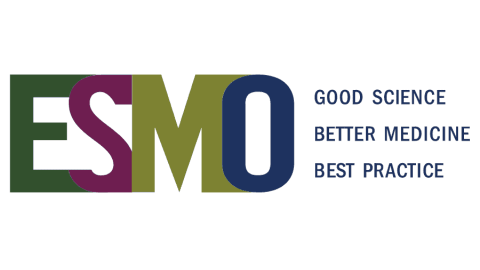Quick Summary

Tumour genomic sequencing is becoming increasingly prevelant in today’s oncology landscape, with more and more patients undergoing multigene sequencing of their cancer, in the hope of finding genomic alterations that could effectively be targeted with matched cancer treatments. Unfortunately, most multigene sequencing reporting systems do not prioritise alterations or use a standardised clinical utility-based ranking system. This poses a major challenge for oncologists when it comes to treatment decision making.
In order to facilitate implementation of precision medicine in clinical management of cancer, there is a need to harmonise and standardise the reporting and interpretation of clinically relevant genomics data. This can help prevent patients from potentially being recommended ineffective drugs matched to clinically unproven targets, and alternations with proved clinical value from being missed.
In this study, a unified framework to classify targets for precision cancer medicine based on clinical evidence of utility is proposed. The primary aim for developing this framework is to aid oncologists in prioritising potential targets for clinical use when receiving reports of broad gene sequencing panels. With this classification system, a common language can be adpoted by all cancer medicine and drug development stakeholders to place targets within their clinical context.
